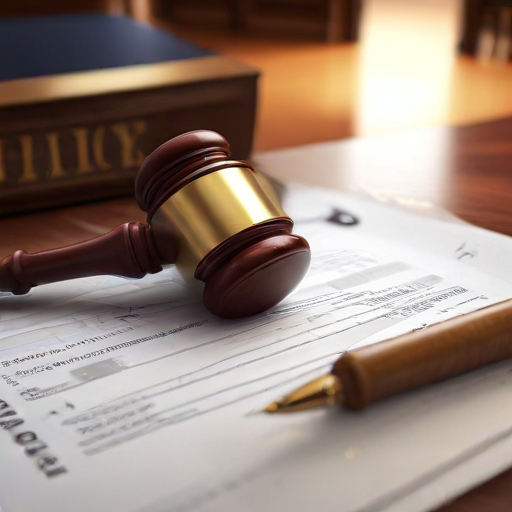In a significant development within the trial of Daniel Penny, the individual accused of fatally choking Jordan Neely on a New York City subway, a judge dismissed a manslaughter charge after jurors reported being deadlocked. This decision, which was made at the request of the prosecution, allows the jurors to focus solely on the lesser charge of criminally negligent homicide, which carries a maximum sentence of four years.
Judge Maxwell Wiley informed the jurors, comprised of seven women and five men, that they could now deliberate specifically on the second charge. He stated, “You are now free to consider count two,” though he acknowledged uncertainty about whether this would affect their decision-making process.
During the trial, jurors had conveyed their indecision through multiple notes to the court, prompting Judge Wiley to instruct them to approach their discussions with an open mind. Prior to the outset of deliberations, the judge emphasized the necessity for a unanimous verdict on the manslaughter charge before the jury could contemplate the alternative charge.
On May 1, 2023, Penny encountered Neely, a troubled individual with a history of mental illness who had reportedly been acting erratically on the subway. Witness accounts described Neely expressing his struggles, which led Penny to place him in a chokehold for approximately six minutes, an action that resulted in Neely’s death. Medical examinations determined that the cause of death was neck compression, a finding contested by Penny’s defense team.
The case has ignited intense debate over issues of racial justice, public safety, homelessness, and mental health, significant concerns in the community. Penny’s defense asserts that he acted to protect fellow passengers and did not intend to harm Neely but aimed to subdue him until law enforcement arrived.
The court proceedings have been marked by contentious discussions regarding jurors’ ability to continue deliberations given their struggle to reach a consensus. Both sides have presented their arguments: the defense arguing the potential coercion created by reiterating the need for a unanimous decision, while the prosecution contended that the inability to consider a second charge would lead to an unjust outcome.
As jurors resume deliberations on Monday, they have actively engaged with the evidence presented, requesting to review videos and clarify legal definitions, showcasing their conscientious approach to the case. Judge Wiley reinforced the importance of the jurors’ collective judgment and emphasized the need for a thorough evaluation of the facts at hand.
This case’s unfolding highlights the complexities and emotional weight of legal proceedings, particularly in matters that intertwine public safety with social issues. While the trial continues, it serves as an impetus for broader discussions on how society addresses the challenges of mental health and homelessness, paving the way toward potential solutions and greater support systems in the future.
